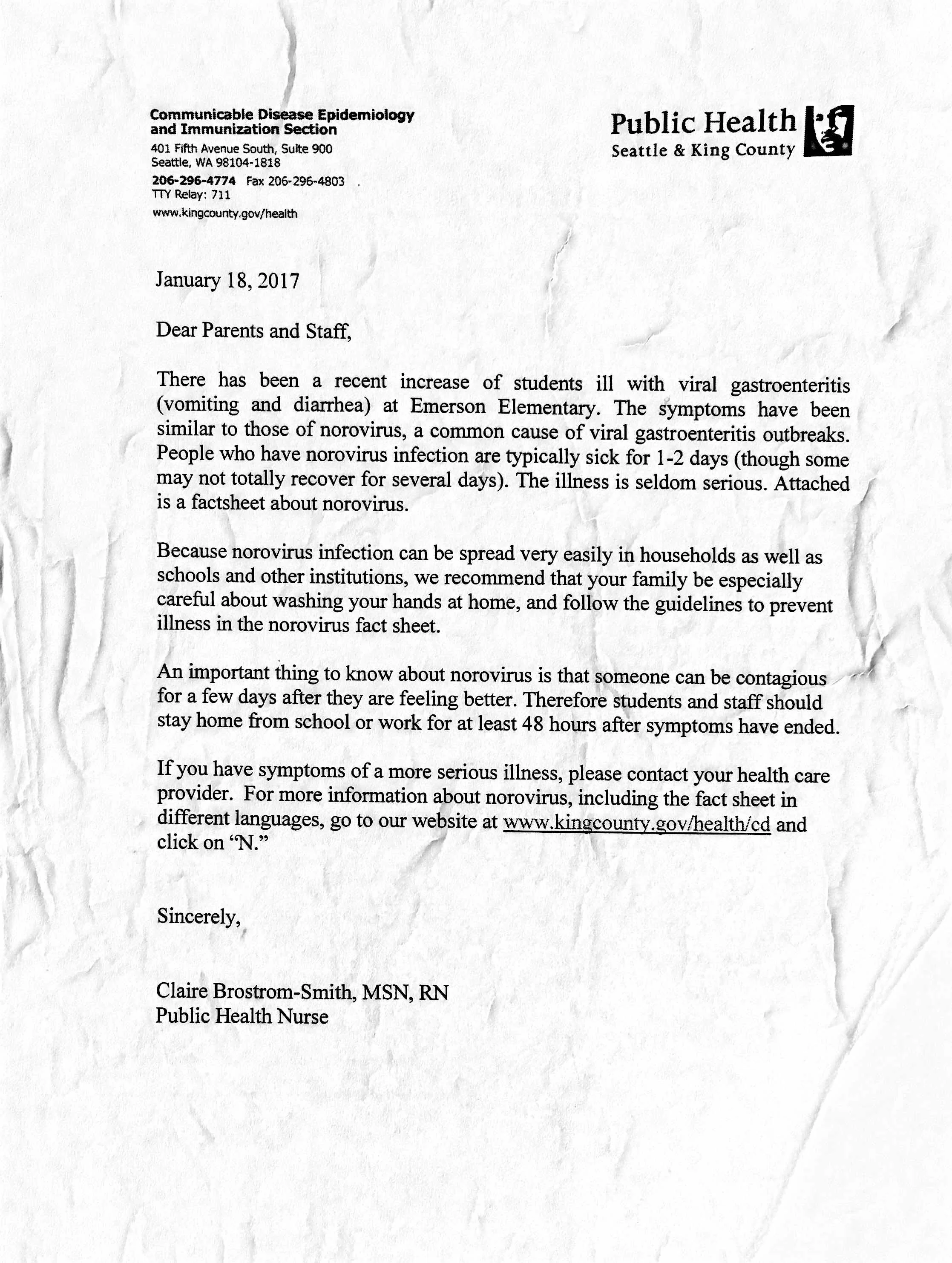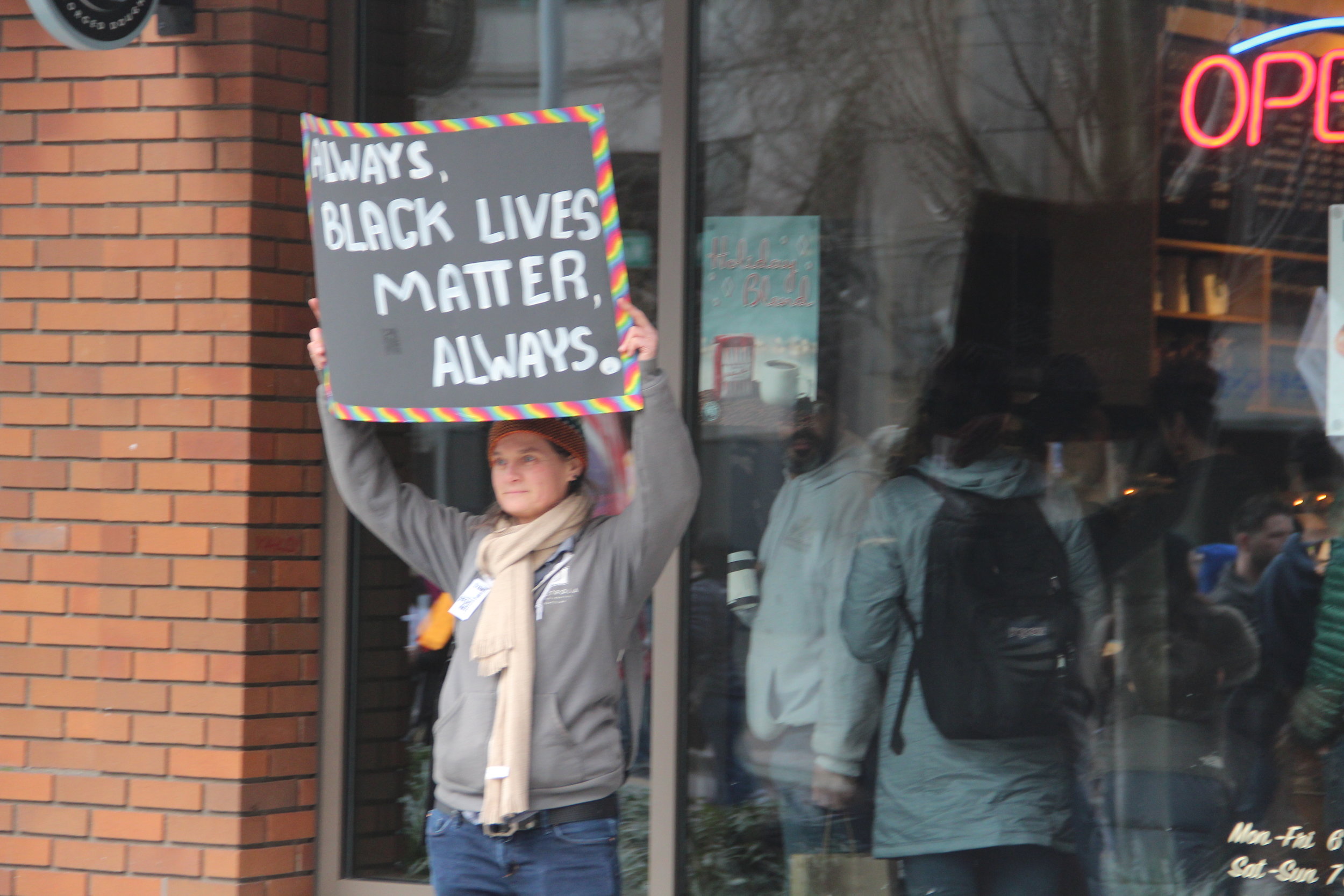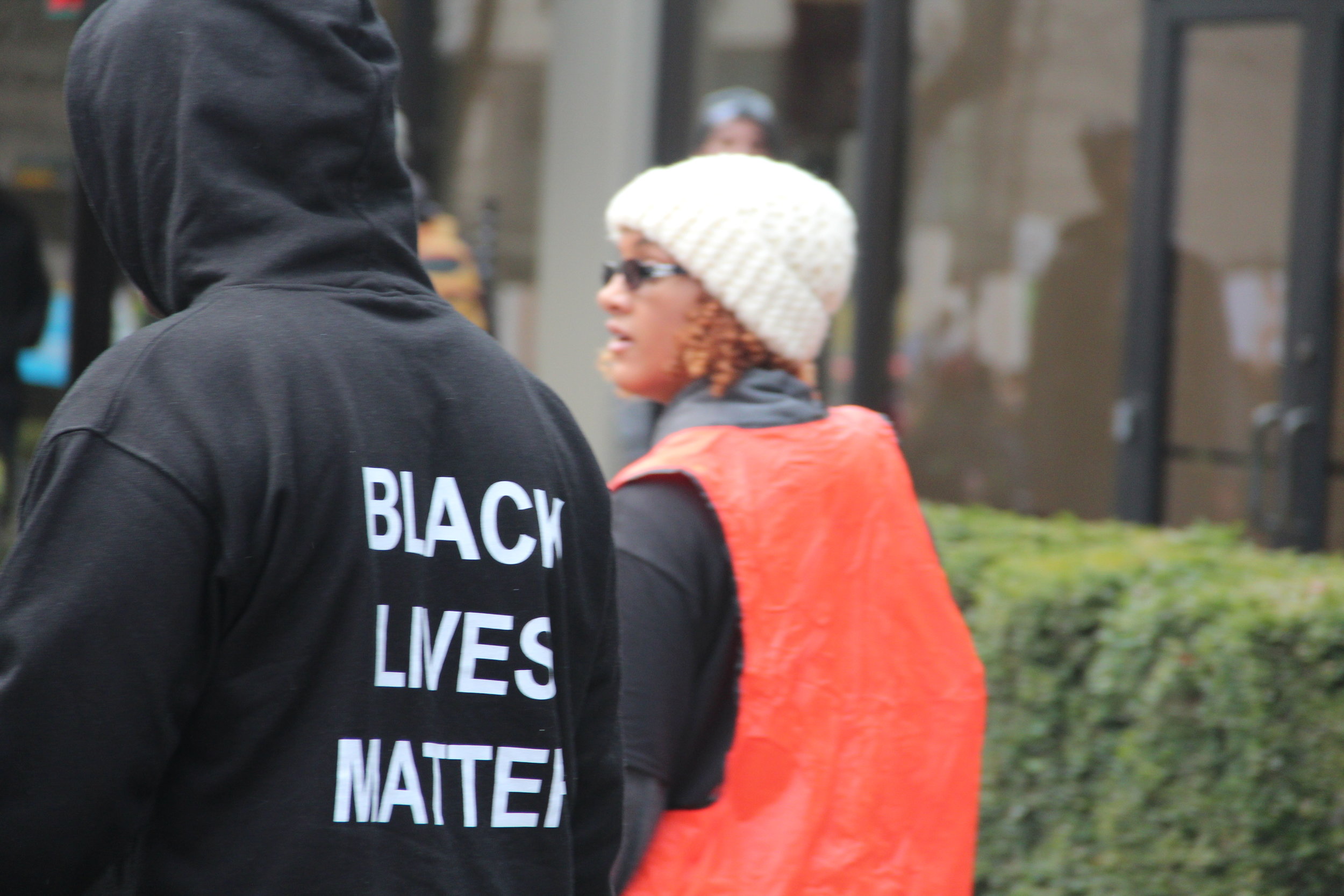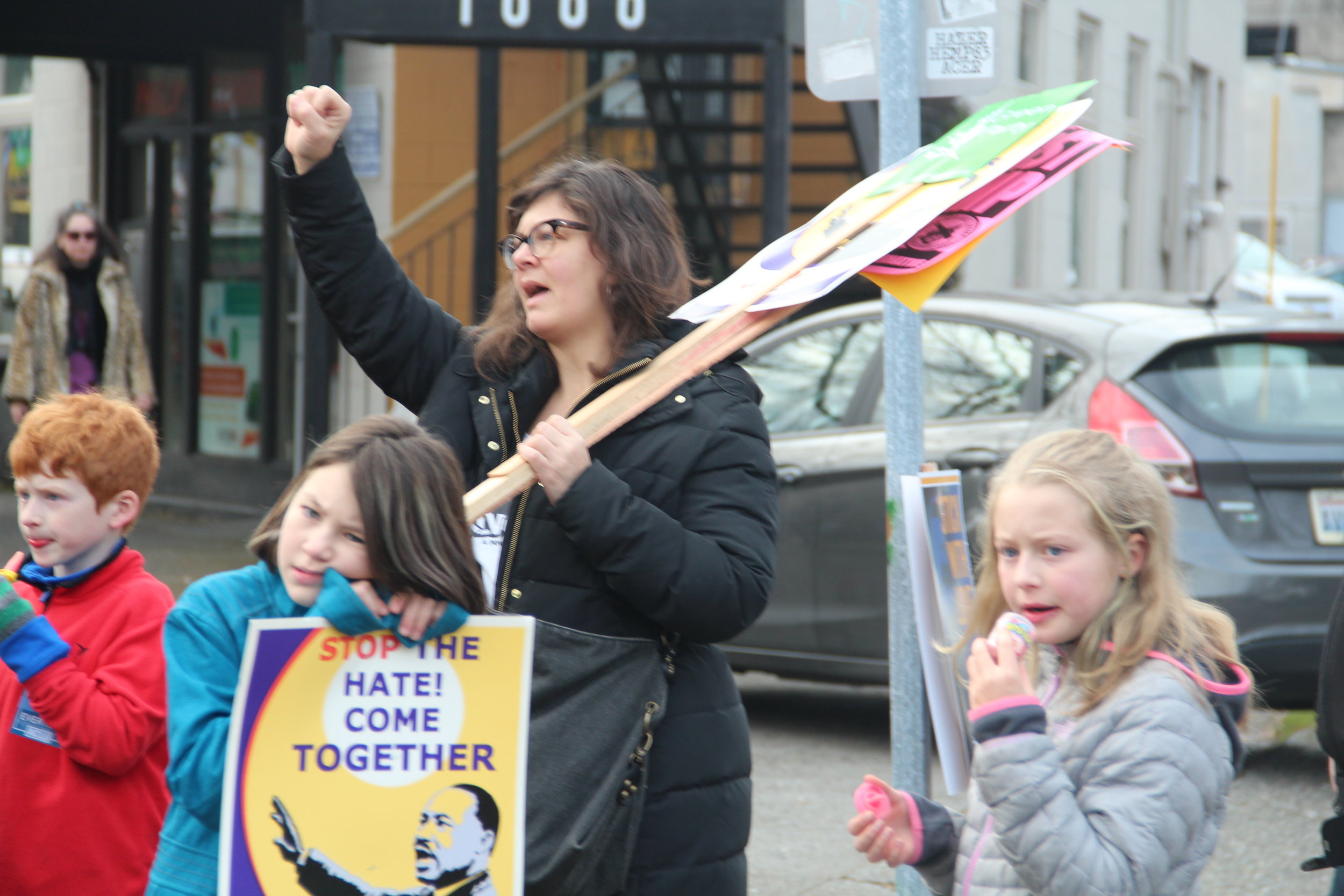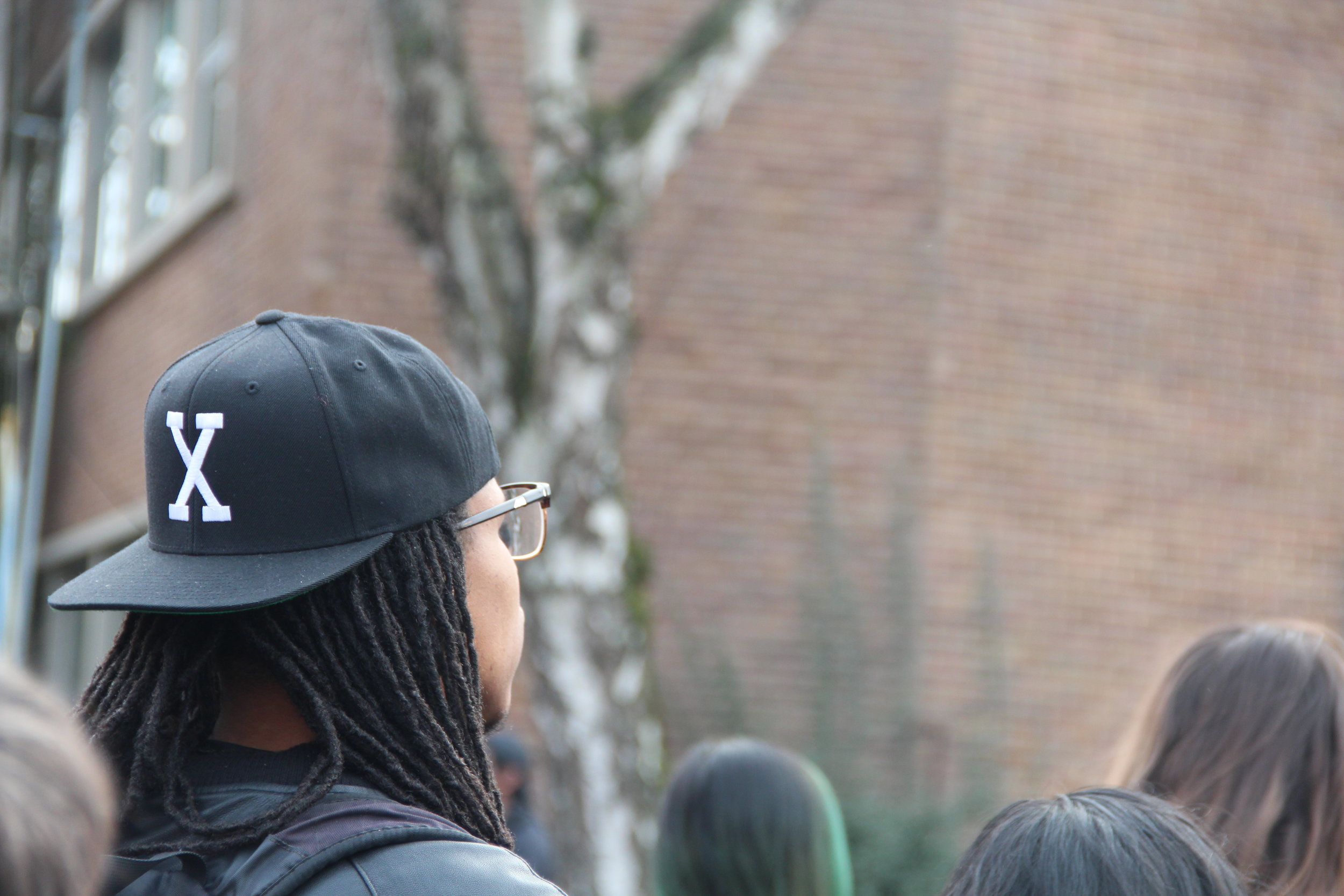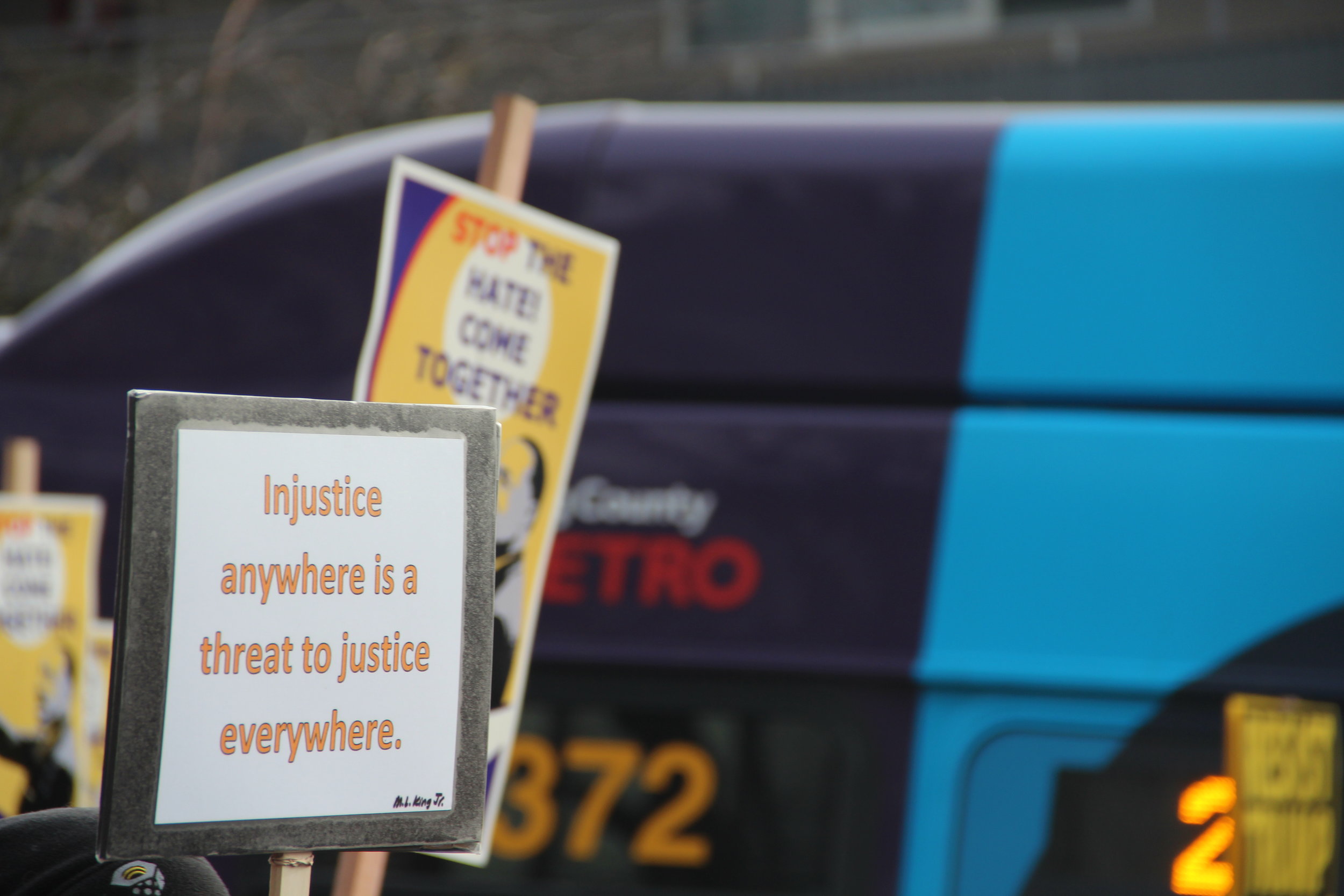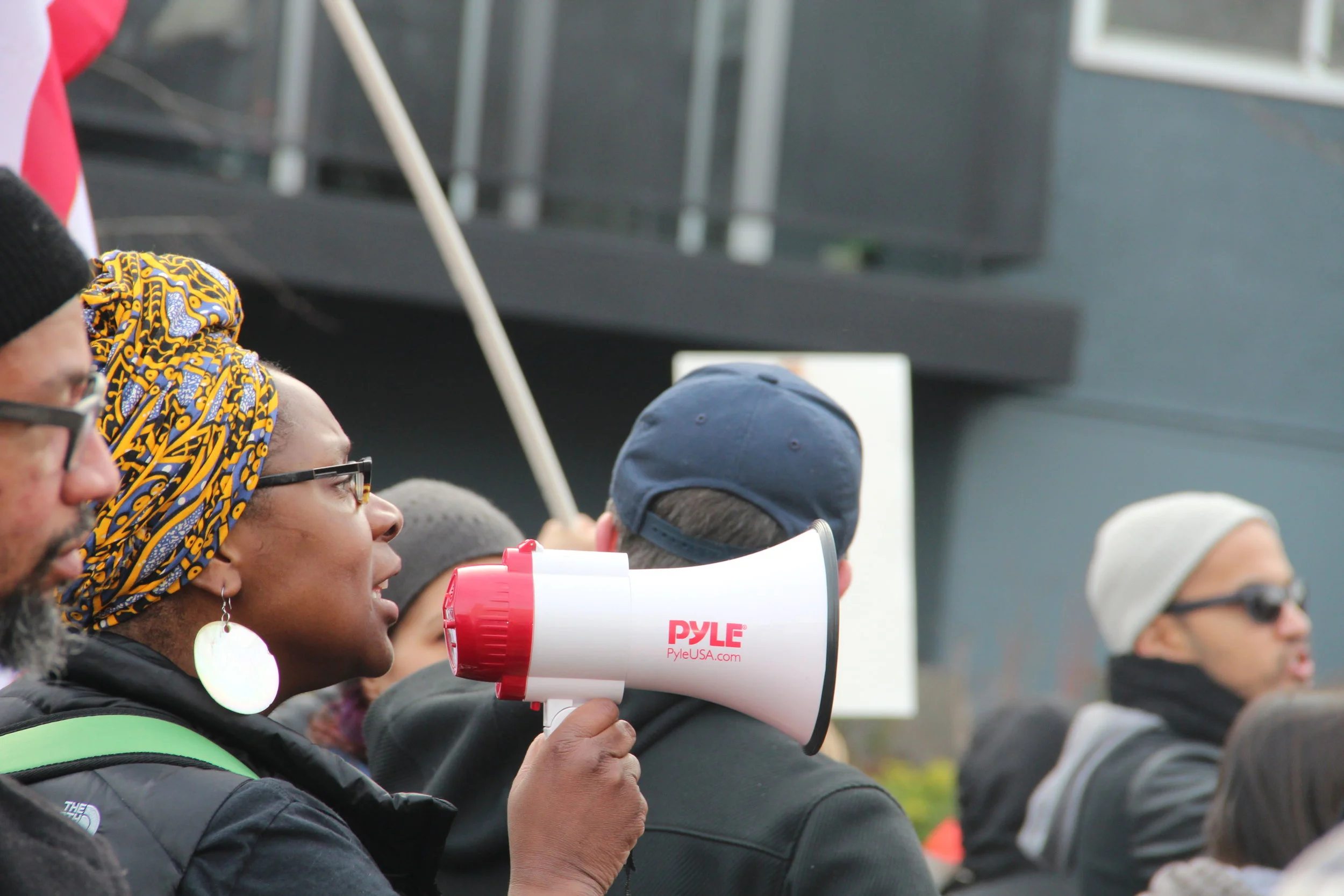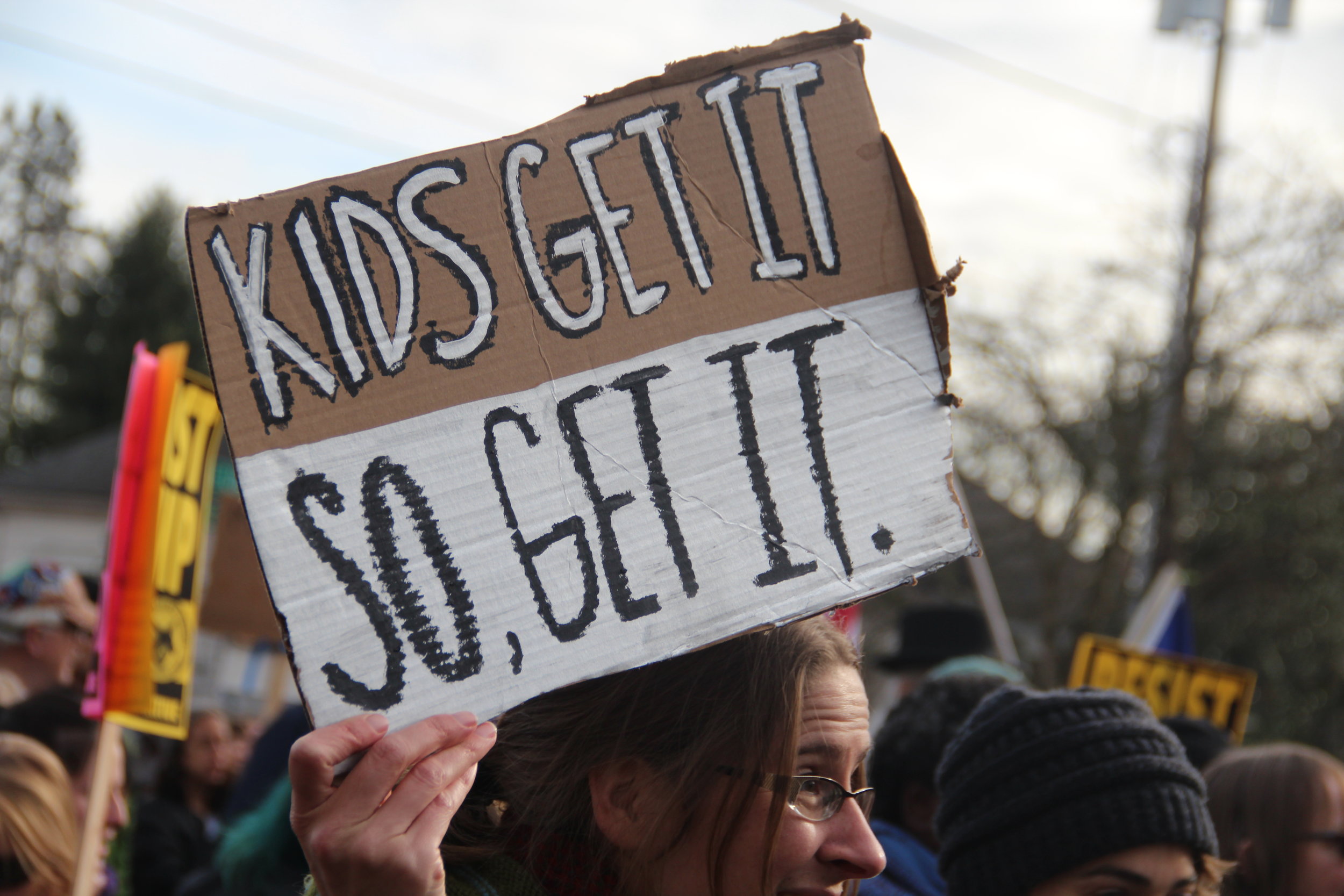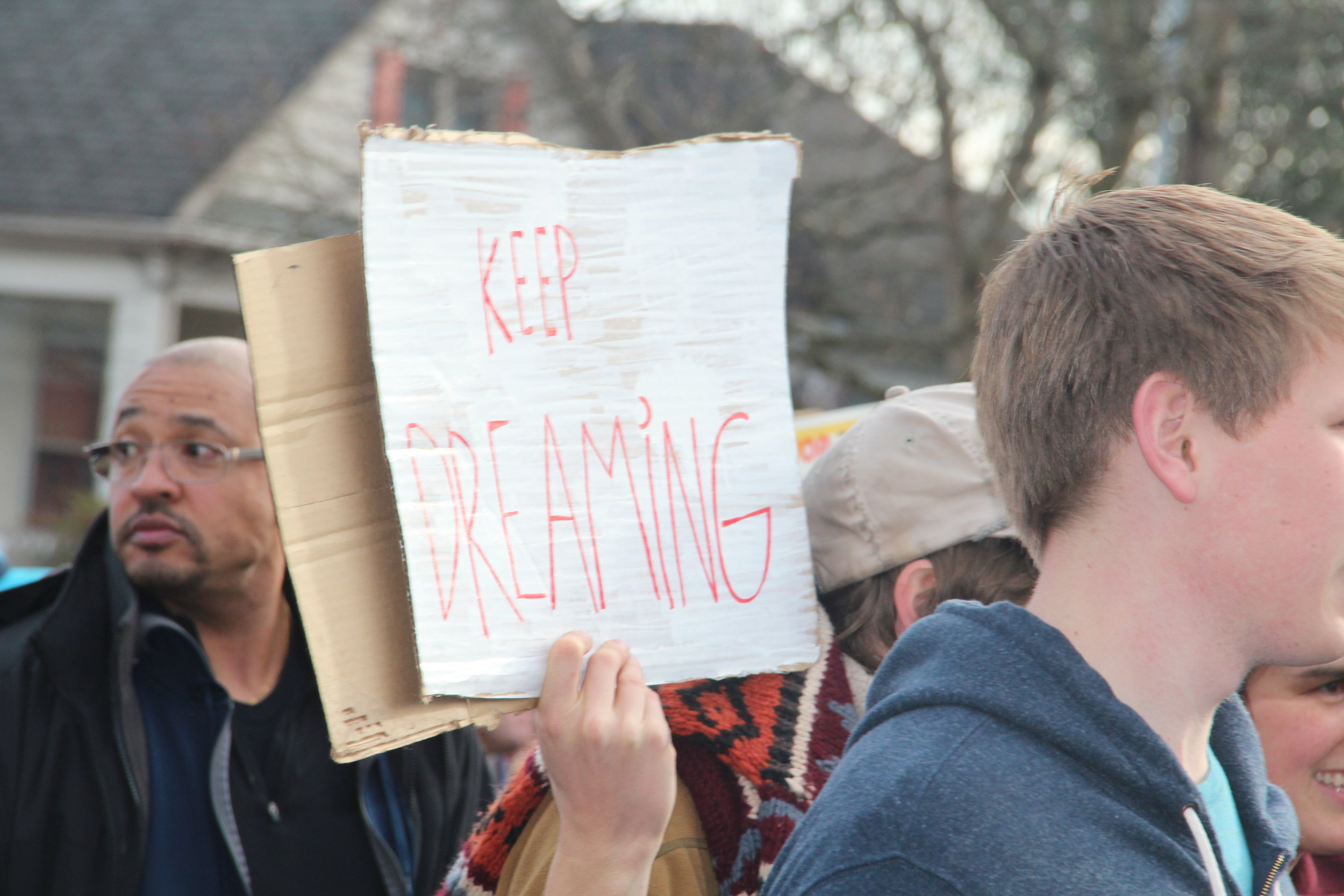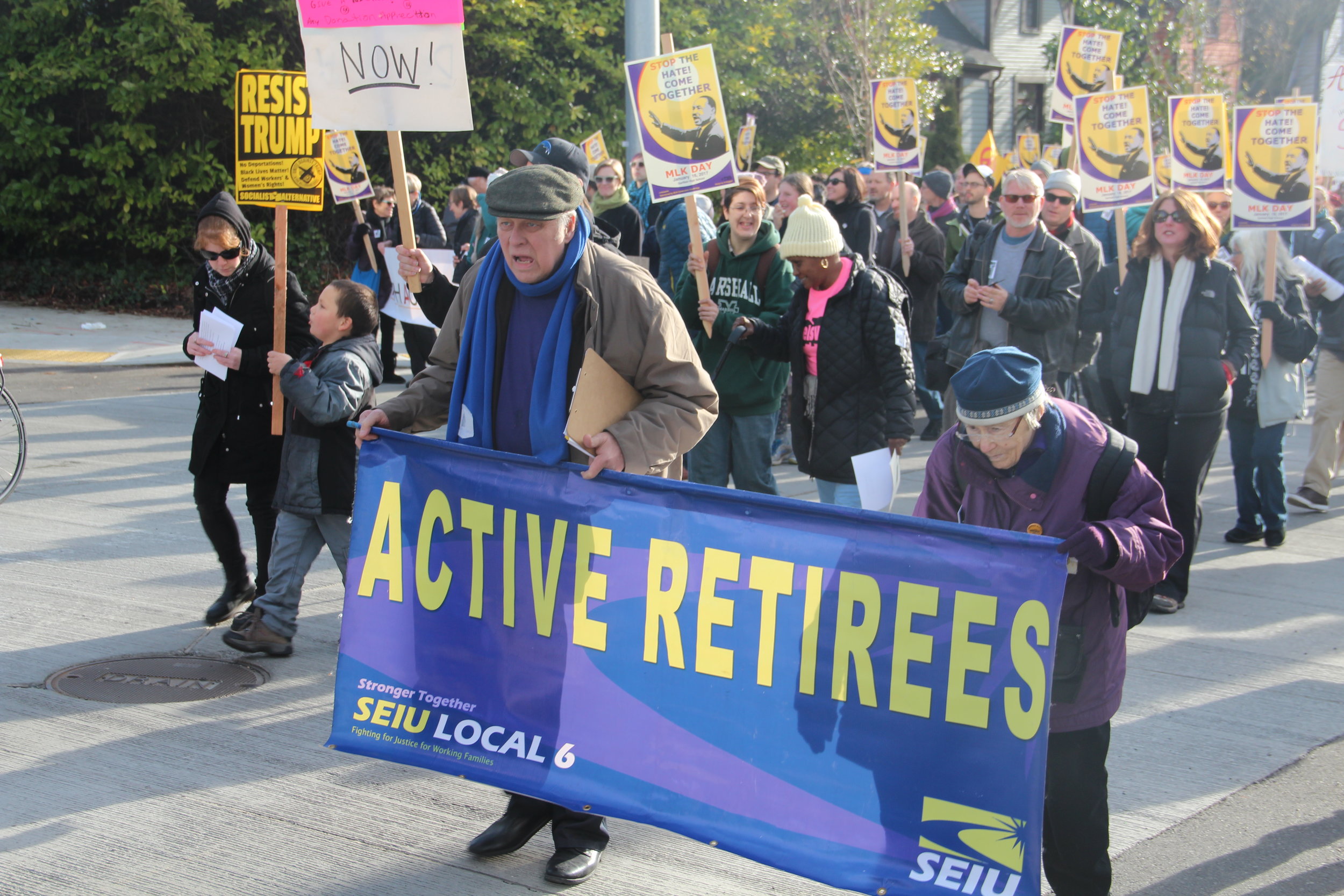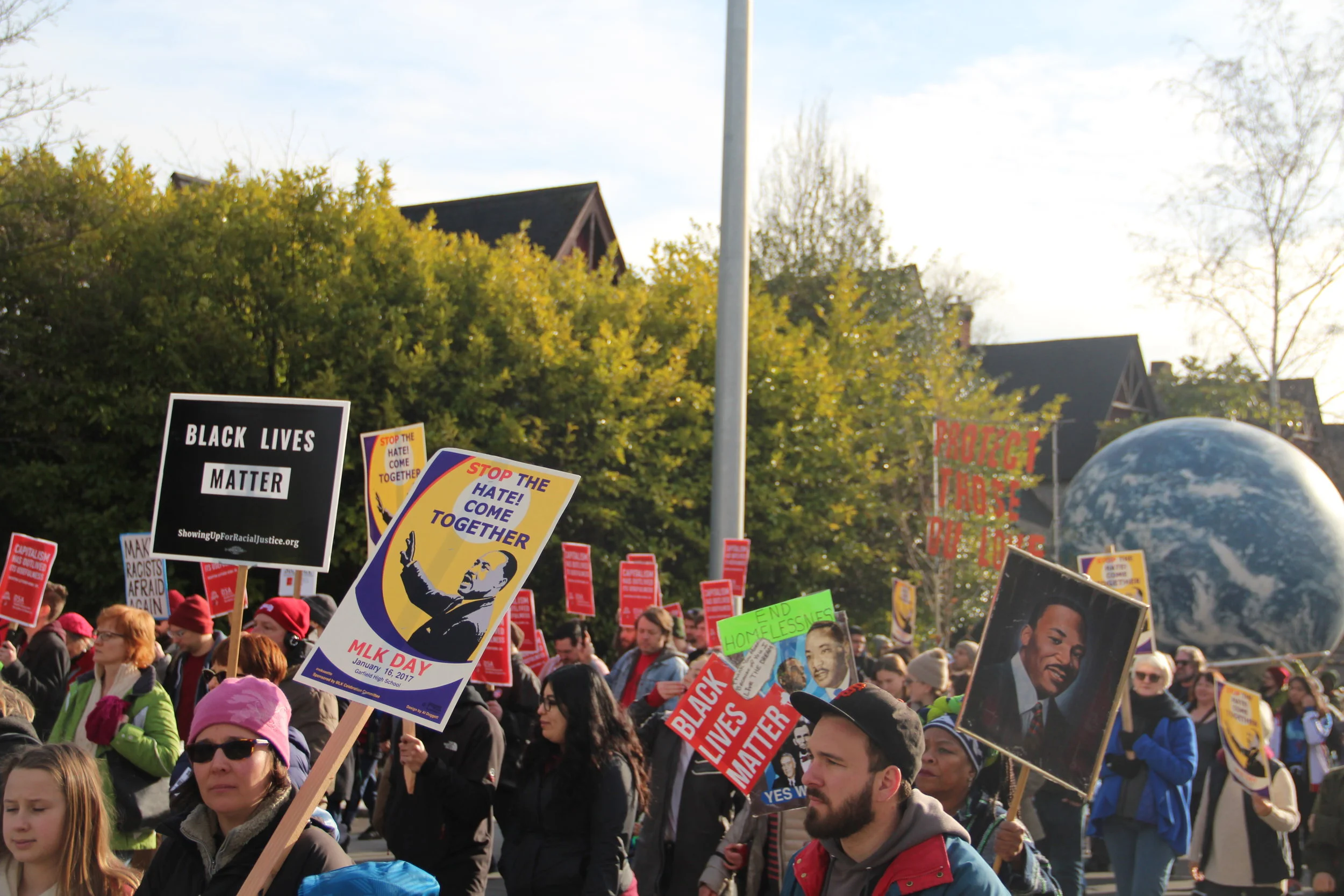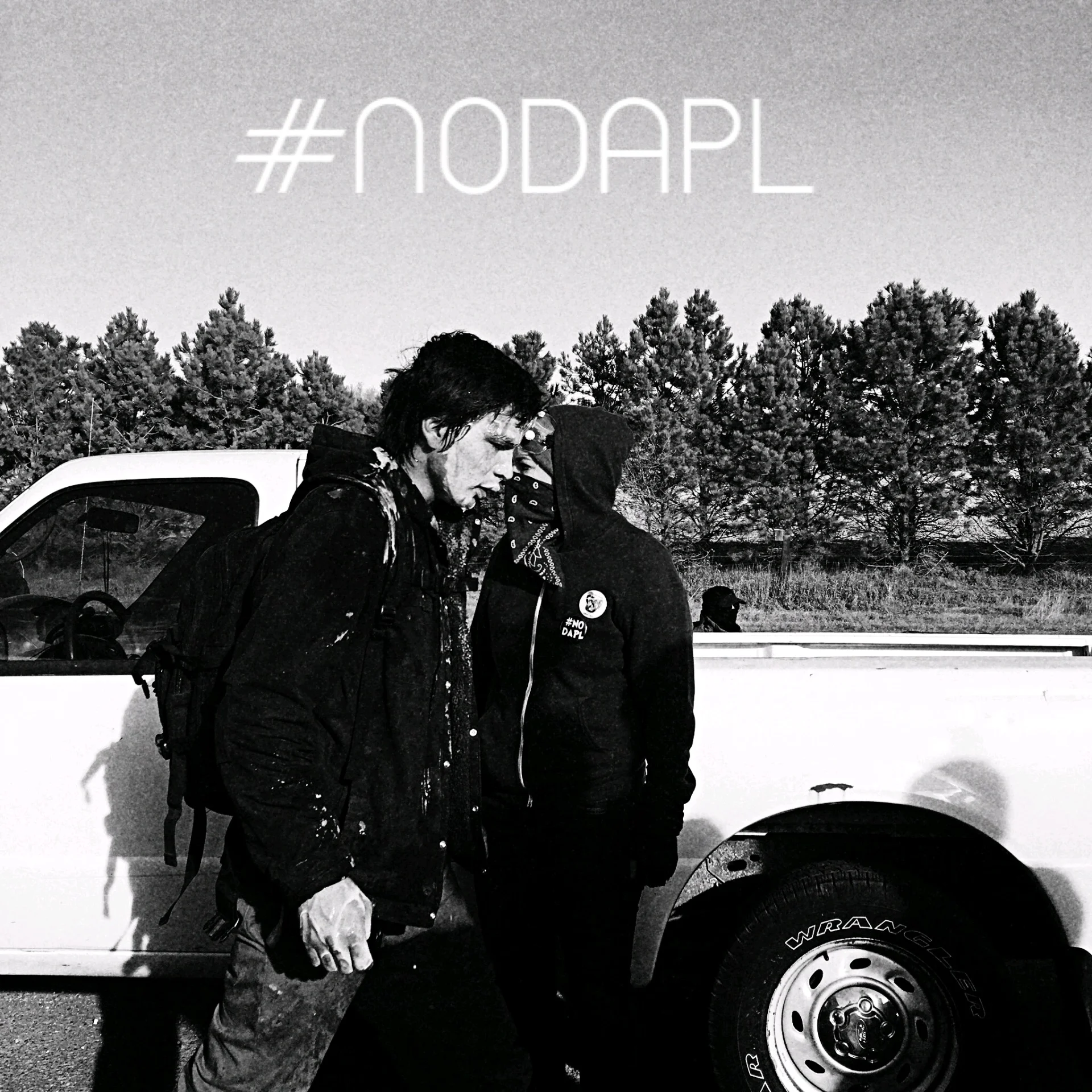Hawthorne PTA resists the Trump Flu with loving inclusion
/There has been some kind of Trump Flu bug going around Seattle — one that looks enough like norovirus to prompt the Department of Public Health in Seattle/King County to send a letter home to parents in the district.
This particular flu hit our house hard. If we’re all being honest with each other here, even our two dogs showed all the flu symptoms for a couple days each. I'm not saying they had the same flu necessarily, but it gives you an idea what life has been like at our house recently. I wonder if our collective consciousness might just be having an allergic reaction to these most recent injections of hate and oppositionalism.
The Trump Flu has also meant that I’ve fallen behind on a few things when it comes to education in Washington State. Even as our laughable-turned-maniacal “leader” systemically takes apart the freedoms and rights we've enjoyed pretending we still had, it turns out we’re still expected to go about our lives and send our kids to school and whatnot — even as that school system now rests so tenuously under Donald Trump’s smug thumb. But I digress.
We regular American humans are under assault right now, that’s true, but good things are still happening. Our little Northwest nook of the Empire has done itself proud so far, too, in the early going. We’re pushing as we speak to pull all Seattle funds out of Wells Fargo in support of the #NoDAPL movement. Mayor Ed Murray has declared Seattle a sanctuary city, and we’ve seen local protests and demonstrations opposing just about every single racist, menacing policy Trump has enacted.
Even many of our schools are taking bold steps to show that they stand with their most vulnerable students and families during this threatening time.
The Hawthorne Elementary PTA — or Friends of Hawthorne (FOH) — held a special topic discussion on race and equity right after the election. The meeting had been scheduled weeks before, but Trump’s victory prompted an even broader conversation.
FOH followed that up with a well-attending open house at the school, offering parents and neighbors information on how to talk about the election with children and inviting the community “to share their hopes, fears, dreams,” as FOH member and Hawthorne parent Molly Laster put it.
One parent brought in a version of the “Hate Has No Home Here” poster for the open house.
“It was cool,” Laster said, “but it didn't have ‘our’ languages — particularly Somali.” Somali is one of Hawthorne’s diverse student body’s most common home languages.
Laster found the poster’s designers online and asked if they had other versions of the poster.
“They didn’t,” Laster said, “but offered to customize one for us. The poster [now] has the most-common languages spoken at Hawthorne.”
On the one hand, this is a relatively small gesture. But on the other hand, Hawthorne’s families know where their school stands. When asked to choose, the community has come out on the side of equity and inclusion.
Trump and his regime are exposing all of America’s hidden, unspoken inequities and tripling-down on them. We will have to be every bit as bold in our resistance as they are in their aggression. Let this be an example we can build on. We cannot be neutral in this time of injustice.

